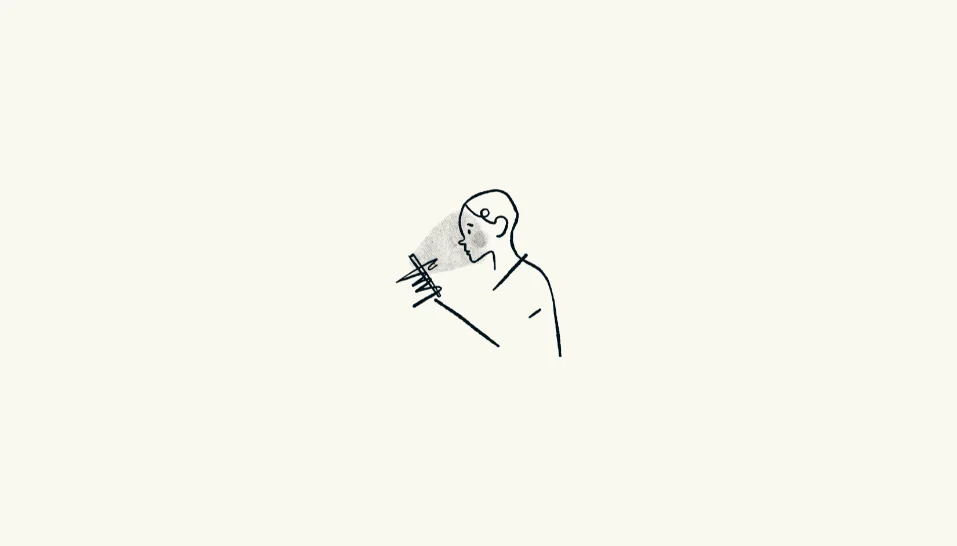If we realised how our emotions are being exploited and thoughts manipulated, we would make conscious choices, not swayed by sensationalism or bias.
With so much information at our fingertips todays, it’s hard to discern what’s true and what’s not. Can we trust everything we read on Facebook, Twitter, WhatsApp, YouTube, Instagram and other platforms? Particularly when it comes to quick fixes and magic cures for varied health issues.
Often, seemingly innocuous “cures” can cause great harm. And no one is quite immune to the perils of health misinformation. This fact-check story based on an Instagram video is a sober reminder of this grim fact.
Baseless allegations, tall claims, and half-truths often mislead people, influence their attitudes, and even behaviours. For instance, there has been no dearth of myths and conspiracy theories since the onset of COVID-19, leading to unnecessary panic, vaccine hesitancy, and increase in death tolls.
In most cases, the consumer of misinformation feels emotional or upset about something they have read or seen, and believe that it’s prudent to pass on the (mis)information. Thus, the cycle of sharing misinformation continues.
Perhaps, if we realised how our emotions are being exploited and thoughts manipulated, we would make conscious choices, not swayed by sensationalism or bias. It’s also important to understand how factual information deficiency fuels misinformation.
At First Check, for instance, we debunked several videos that spread evidence-less claims about the efficacy of COVID-19 vaccines last year. We are committed to empower our readers to recognise the importance of fact checking and evidence-based health information.
As a verified signatory of the International Fact-Checking Network (IFCN), First Check actively collaborates with doctors, researchers, public health professionals and data scientists to provide people with 100% factual health-related information. We investigate, research, and verify unscientific claims gaining momentum on social media platforms and on traditional media channels.
In case you come across any suspicious piece of news article or social media post about health, share it with us and our experts will verify it for you. You can mail us at hello@firstcheck.in or WhatsApp us on +91 9311 223145.
Think before you believe, and pause before you share any information related to health. For #FactCheckingisEssential.
Stay informed with First Check.

















